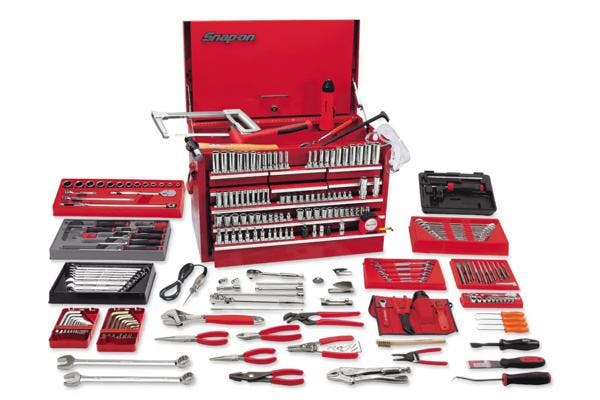
Unleashing the Value: Pawning Snap-on Tools at Pawn Shops
Many pawn shops pay top dollar for good condition tools and equipment.

Every pawn shop is regulated by local, state, and federal laws that determine how the pawn shop must conduct business. Pawn shops that do not follow these laws are at risk of losing their operating licenses and facing hefty fines.
Pawn shops must comply with extra layers of legal requirements because they handle money and loans. In some regions, pawn shops are required to report transactions to local law enforcement agencies.
Laws governing your local pawn often specify the following items:
pawn ticket
The National Pawnbrokers Association maintains a full list of all state laws and resources if you want to review the actual legislation.
The minimum age to pawn or sell items to pawn shops is 18 years old for most US states and Canadian provinces. Both British Columbia and Nova Scotia have a higher age requirement of 19 years old. Pawning or selling your property at a pawn shop is a financial transaction, and the laws regulating minimum age requirements are set by the state. The document that you receive when you pawn or sell something is equivalent to a financial contract that outlines your agreement with the pawn shop.
Pawn shops have a minimum set of requirements for you to pawn or sell an item. Some of these items are required by law, and others are set by the store owner to minimize fraud. We recommend contacting the pawn shop ahead of time to confirm the requirements to pawn or sell something at their location. Pawn Shop Map features a helpful tool for you to locate pawn shops near you.
Keep in mind that not all pawnshops may accept your item. Pawn shops often specialize in specific categories. You should contact the pawn shop to discuss your item and ask if it is something that would want to take. You can send them photos and ask for an initial quote before you bring the item to the store. You should contact multiple pawn shops in your region and obtain many quotes ahead of time - this will help you determine the shops to visit.
You are required to bring the following items when you pawn or sell something:
Pawn shops often will require one or two pictures of you to complete the transaction. Sometimes pawn shops are required by local laws to collect photographs of people pawning and selling items. Other times, the pawn shop wants to augment its documentation related to the transaction.
Pawning and selling items at pawn shops can be a great experience when you do your research ahead of time and prepare. Below we have included several resources to help you get the best experience when you visit your local pawn shop.
Lily Bridgers
June 2023
My cousin is considering getting a loan from a pawn shop because he's facing a financial emergency and needs quick access to cash. He sees it as a convenient option because it doesn't require a credit check, and he can use his valuable possessions as collateral for the loan. I'll warn him that in the majority of US states and Canadian provinces, you must be 18 years old to pawn things or sell them to pawn shops. Thanks for this.

Many pawn shops pay top dollar for good condition tools and equipment.

Learn how to sell your good condition designer sunglasses to pawn shops
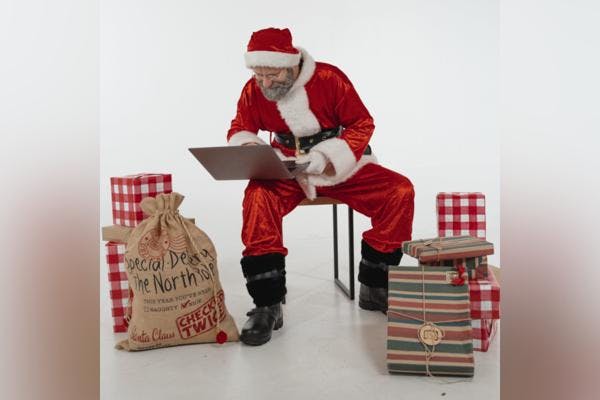
Learn how you can exchange Christmas gifts at pawn shops for cash
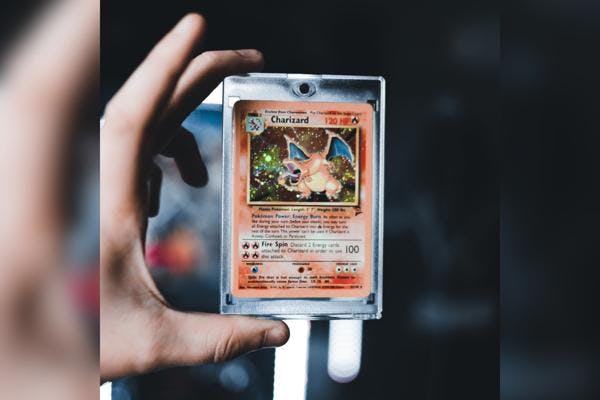
Learn how to get the most money at pawn shops for your rare Pokémon Cards.
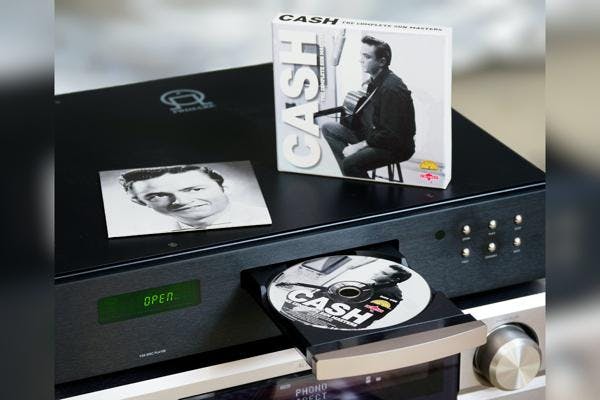
Many pawn shops still buy and sell DVDs and DVD players. Learn how much money pawn shops will offer.
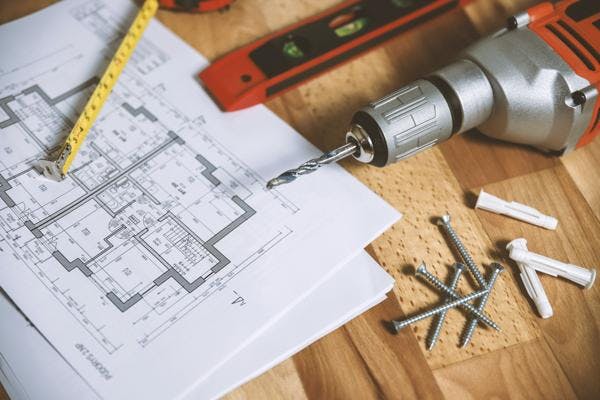
Pawn shops are an essential part of the economy. Learn how you can start a profitable pawn shop in your local region.